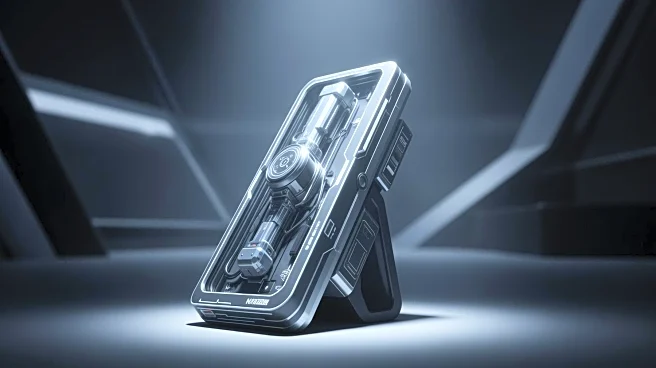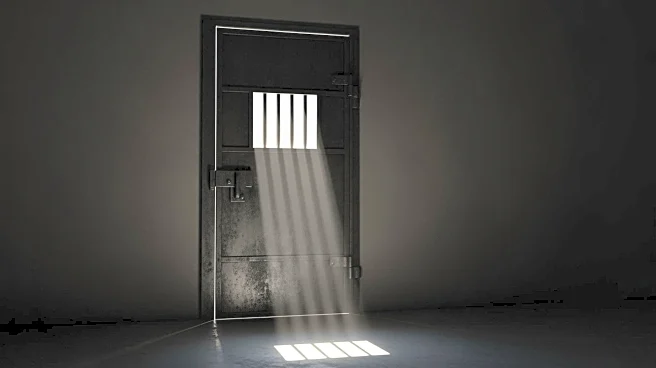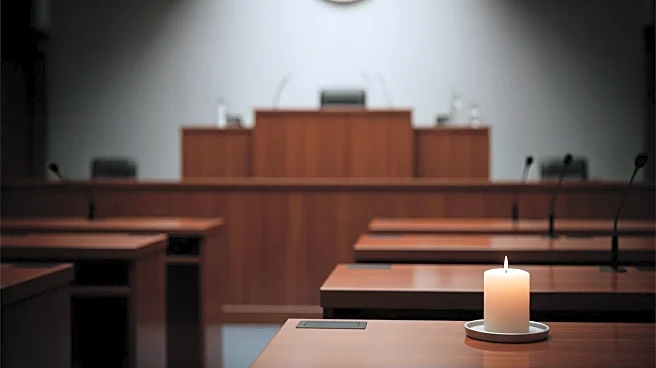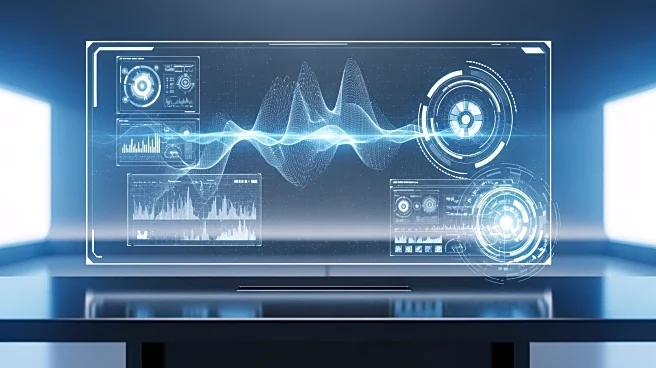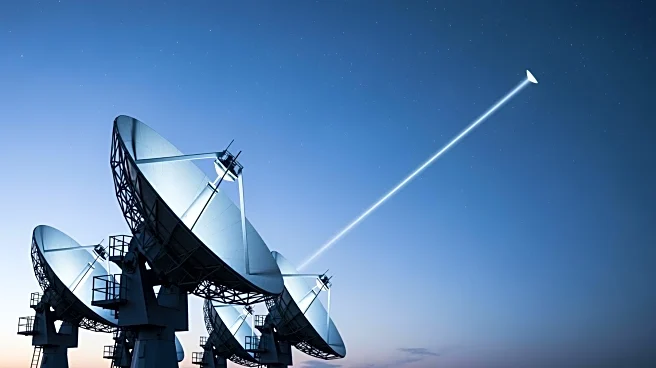What's Happening?
The issue of ownership and recognition of military inventions is under scrutiny due to the overlapping frameworks of military rules and federal patent law. The Invention Secrecy Act of 1951 allows the government
to impose secrecy orders on patent applications deemed crucial to national security, affecting over 5,000 orders annually, many related to defense technologies. This can prevent inventors from disclosing or profiting from their work indefinitely. Military personnel often find their inventions integrated into classified programs without compensation or recognition. The Pentagon is focusing on emerging technologies like artificial intelligence and cyber tools, where service members contribute significant expertise. Congressional committees are considering proposals to establish a uniform inventor recognition program and require annual reporting on secrecy orders affecting service member inventions.
Why It's Important?
The lack of recognition and compensation for military inventors could stifle innovation within the armed forces. As the Pentagon invests in advanced technologies, ensuring that service members are incentivized to share their ideas is crucial for maintaining a competitive edge against global rivals like China. The current system may discourage innovation, as inventors fear their contributions will be absorbed into secrecy without acknowledgment. Reforming these policies could foster a culture of creativity and innovation, enhancing military readiness and technological advancement. Advocates argue that fair recognition and rewards would encourage service members to contribute their expertise, benefiting national defense capabilities.
What's Next?
Congress is considering proposals to improve recognition and transparency for military inventors. These include establishing a formal recognition program and increasing transparency regarding secrecy orders. Lawmakers are debating whether these changes would encourage innovation or pose risks to national security. The outcome of these discussions could lead to significant policy shifts, impacting how military inventions are managed and recognized. If implemented, these reforms could provide service members with the assurance that their contributions will be acknowledged and rewarded, potentially leading to increased innovation within the military.
Beyond the Headlines
The ethical implications of the current system raise questions about the balance between national security and individual rights. The secrecy orders can indefinitely restrict inventors from benefiting from their creations, which may deter talented individuals from pursuing innovative solutions within the military. Addressing these concerns could lead to a more transparent and equitable system, aligning with broader societal values of fairness and recognition. Long-term, these changes could influence the military's ability to attract and retain creative talent, essential for adapting to evolving defense challenges.
